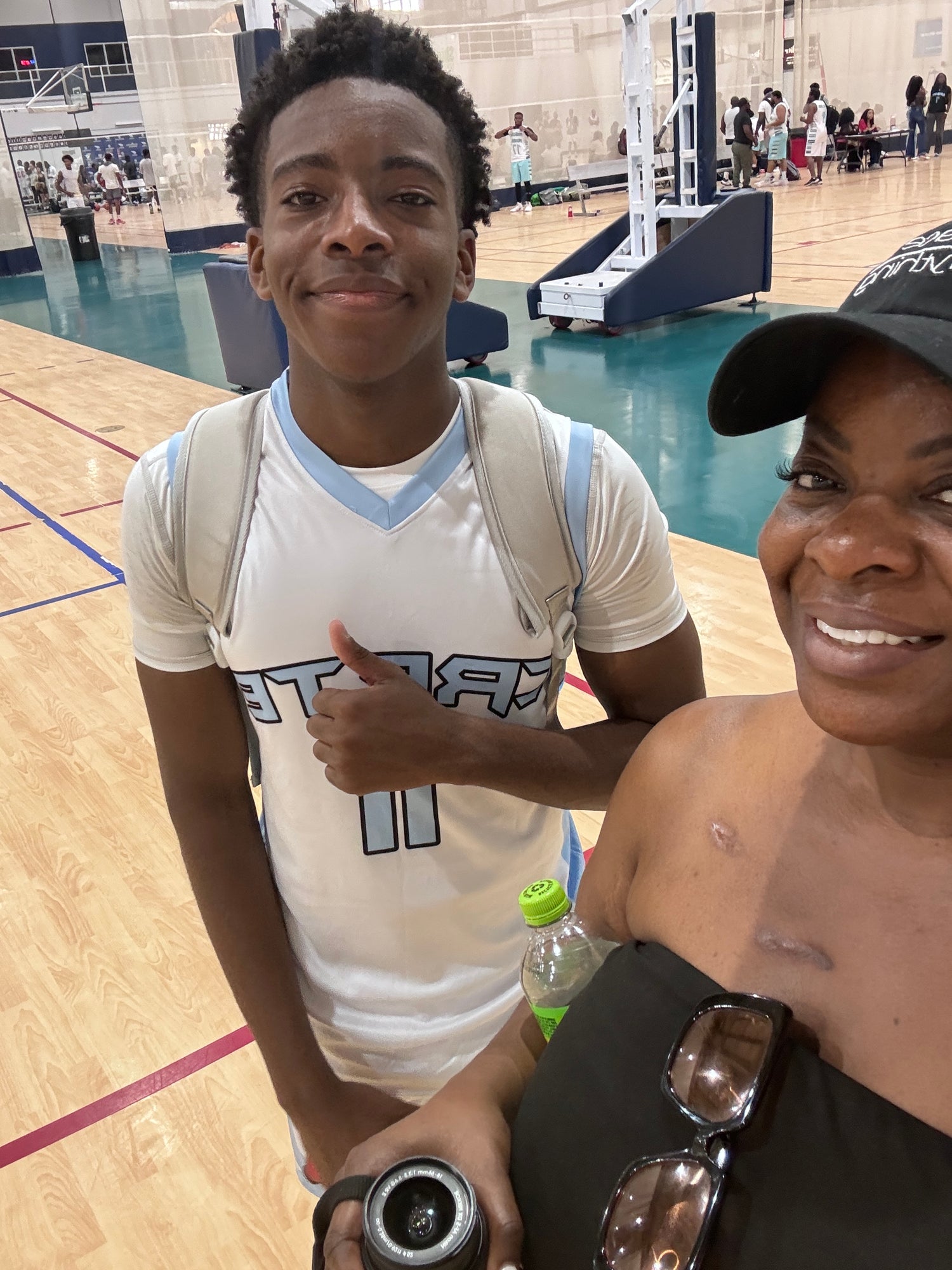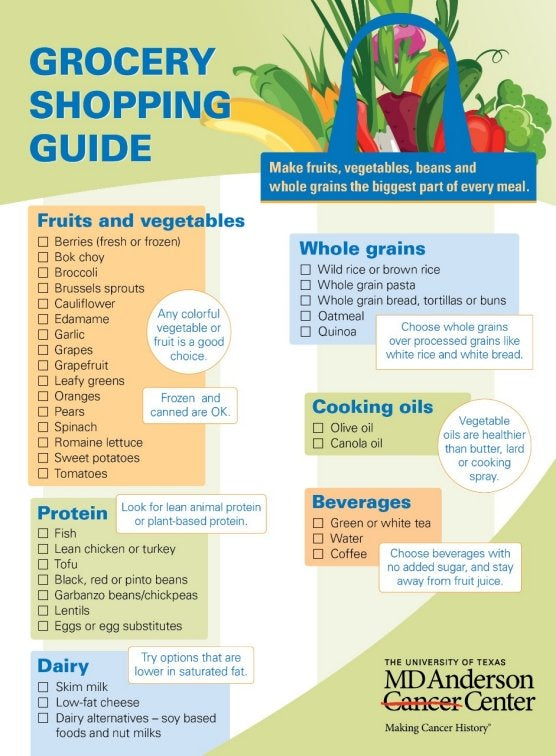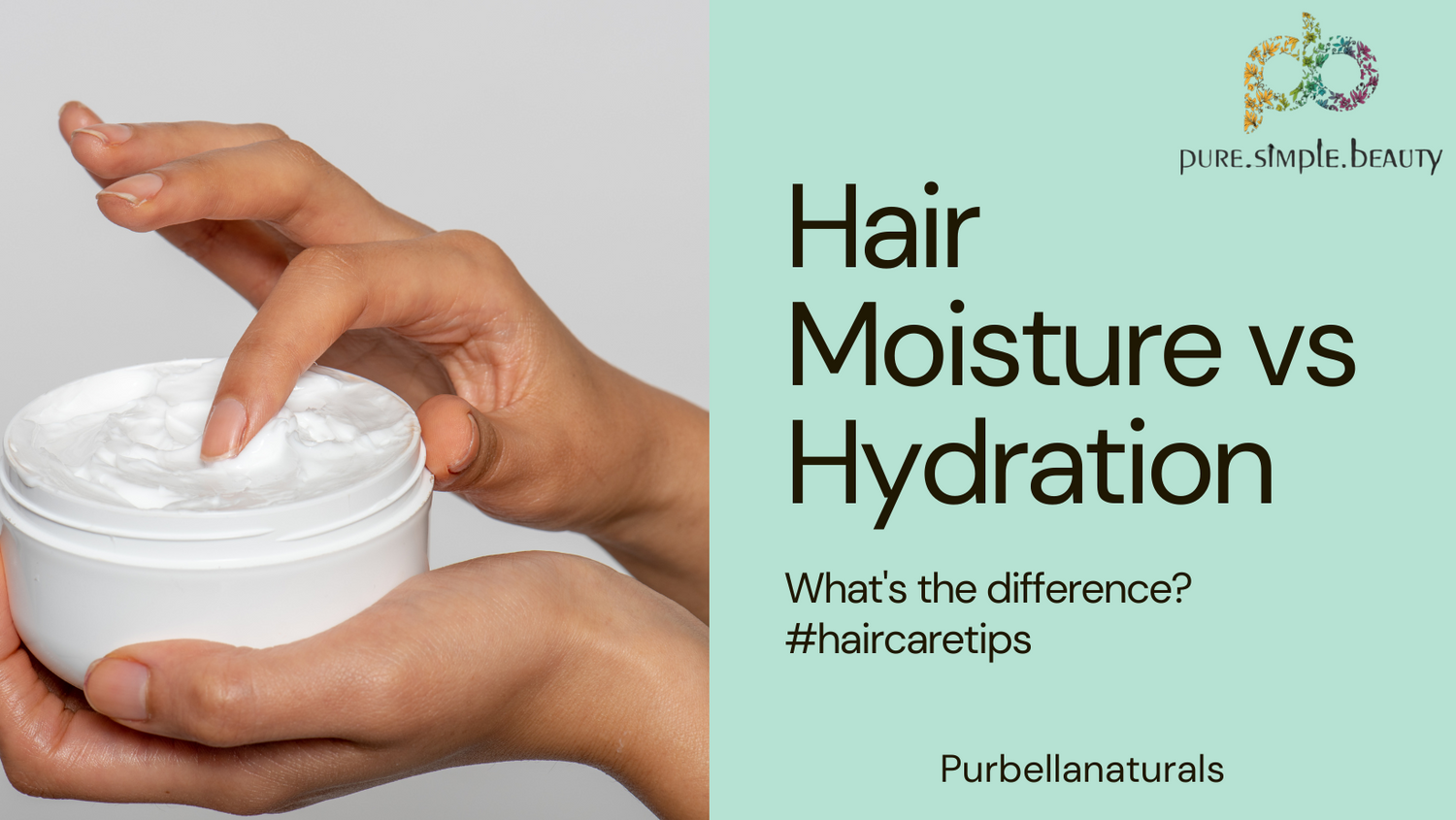Hey there, natural hair queen! Are you struggling to keep your curls looking and feeling their best? Do you find that your hair often feels dry, brittle, or frizzy? If so, you're not alone. Many women with natural hair struggle to maintain moisture and shine, which can lead to breakage and damage over time.
One of the best ways to combat these issues is by incorporating a weekly deep conditioning treatment into your hair-care routine. This simple step can make a world of difference in the health and appearance of your hair.
But why is deep conditioning so important, and how often should you be doing it? In this article, we'll answer these questions and more, so you can give your natural hair the love and attention it deserves. Get ready to say goodbye to dryness and hello to healthy, happy curls!
What Is Deep Conditioning and Why Is It Important for Natural Hair?
As a natural-haired individual, you may be familiar with the term "deep conditioning," but may not fully understand its importance. Deep conditioning involves using a heavier, more intense conditioner that is left on for an extended period, typically 20-30 minutes or more, to nourish and moisturize your hair. It's important for natural hair because it helps to restore and maintain moisture balance, strengthen hair strands, reduce breakage, and improve overall hair health. Our natural hair can often become dry and brittle due to factors such as heat styling and exposure to the elements, making deep conditioning an essential step in caring for our hair. While it's recommended to deep condition once every two weeks at minimum, weekly deep conditioning can provide even greater benefits for those with particularly dry or damaged hair. With consistent deep conditioning, you'll notice your hair becoming softer, more manageable, and healthier overall.
The Benefits of Weekly Deep Conditioning for Dry, Natural Hair
If you have dry, natural hair, weekly deep conditioning can be a game-changer for your hair health.
Here are some benefits of incorporating this into your hair care routine:
- Moisture retention: Deep conditioning helps to keep your hair moisturized for longer periods of time. This is especially important for those with curls or coils as they tend to be more prone to dryness.
- Strengthens hair: Weekly deep conditioning treatments can also help strengthen your strands by penetrating deep into the hair shaft and providing nourishment. Stronger strands also mean less breakage and fewer split ends.
- Improves elasticity: Elasticity refers to how well your hair can stretch without breaking. Deep conditioning on a weekly basis can improve your hair's elasticity, making it less prone to damage from styling tools or everyday manipulation.
Overall, weekly deep conditioning is an essential step in maintaining healthy, natural hair. Not only will it provide much-needed moisture and strength, but it will also improve the overall look and feel of your curls or coils.
How to Deep Condition Natural Hair for Maximum Moisture
If you have natural hair, you know how important it is to keep your hair hydrated and moisturized. One easy and effective way to do this is by deep conditioning your hair on a weekly basis. But what exactly does deep conditioning entail, and why is it so important for natural hair health?
### What is Deep Conditioning?
Deep conditioning is the process of applying a rich, moisturizing conditioner to your hair and leaving it on for an extended period of time - usually around 20-30 minutes. Some people choose to use heat during this process in order to help the conditioner penetrate deeper into the hair shaft.
### Benefits of Deep Conditioning
By deep conditioning your hair on a weekly basis, you can infuse your strands with much-needed moisture and nutrients. This can help to prevent breakage, improve manageability, and enhance shine. In addition, deep conditioning can help repair any damage that has already been done to your hair - for example, from heat styling or chemical treatments.
### How to Deep Condition
To get the most out of your deep conditioning sessions, start by shampooing your hair to remove any buildup or debris. Then, apply a generous amount of conditioner from roots to tips. You can use a shower cap or plastic bag to create heat and encourage better absorption. After 20-30 minutes, rinse out the conditioner thoroughly with cool water.
Deep conditioning may seem like an extra step in your hair care routine, but trust us - it's well worth it! By infusing your natural hair with moisture on a regular basis, you'll be able to achieve healthier, more vibrant locks in no time.
The Best Deep Conditioners for Natural Hair
When it comes to deep conditioning natural hair, not all products are created equal. Some may be too heavy for fine hair, while others may not provide enough moisture for coarser textures. Here are some of the best deep conditioners for natural hair:
### Shea Moisture Manuka Honey & Mafura Oil Intensive Hydration Hair Masque
This deep conditioner is perfect for those with dry, brittle hair. The manuka honey and mafura oil work together to provide intense moisture and nourishment, leaving your hair soft and manageable.
### Mielle Organics Babassu Oil & Mint Deep Conditioner
This deep conditioner is great for those with fine hair that tends to get weighed down easily. The babassu oil helps to strengthen the hair, while the mint provides a refreshing, tingling sensation that feels great on the scalp.
### Camille Rose Naturals Algae Renew Deep Conditioner
This deep conditioner is perfect for those with color-treated hair. The algae extract helps to protect the hair from damage caused by coloring, while the honey and olive oil provide deep moisture and nourishment.
It's important to note that not all deep conditioners work for everyone, so it may take some trial and error to find the one that works best for your hair. However, by deep conditioning weekly with a high-quality product, you can ensure that your natural hair stays healthy and moisturized.
How to Deep Condition Without Weighing Down Your Hair
Deep conditioning is a crucial step in any natural hair care routine, but it's important to do it in a way that doesn't weigh down your locks. Here are some tips to help you deep condition your hair without sacrificing volume or bounce:
### Choose the Right Product
Look for a deep conditioner that is specifically formulated for your hair type and texture. If you have fine or low-density hair, opt for a lightweight formula that won't leave your strands feeling greasy or heavy. For coarse or high-density hair, a richer, more nourishing formula may be necessary.
### Apply Strategically
Apply your deep conditioner to damp hair, making sure to focus on the ends and any particularly dry or damaged areas. Avoid applying too much product to your roots, as this can cause buildup and weigh down your hair. Use a wide-tooth comb to distribute the conditioner evenly throughout your hair.
### Use Heat
To help your hair absorb the deep conditioner more effectively, use heat. You can do this by wrapping a warm towel around your head, using a heated cap, or sitting under a hooded dryer for 20-30 minutes. This will help open up your hair's cuticles and allow the conditioner to penetrate more deeply.
### Rinse Thoroughly
After deep conditioning, rinse your hair thoroughly with cool water. This will help seal your hair's cuticles and lock in moisture. Be sure to remove all traces of conditioner from your hair, as any remaining product can weigh down your locks and cause buildup over time.
By following these tips, you can deep condition your hair weekly without sacrificing volume or bounce. Your hair will be left feeling soft, smooth, and nourished, with improved elasticity and less breakage.
Tips for Maintaining Moisturized and Healthy Hair Between Deep Conditions
While weekly deep conditioning is important, it's also important to maintain healthy and moisturized hair between deep conditions. Here are some tips to help keep your hair healthy and strong:
### Use a Leave-In Conditioner
After washing your hair, apply a leave-in conditioner to help keep your hair moisturized and protected from the elements. This will also help to prevent breakage and split ends.
### Protect Your Hair at Night
Use a satin or silk pillowcase to prevent friction and damage to your hair while you sleep. You can also wrap your hair in a satin scarf or bonnet to keep it protected and moisturized.
### Avoid Heat Styling
Heat styling tools can damage your hair, causing it to become dry and brittle. Limit your use of heat styling tools and opt for protective styles or air-drying your hair instead.
### Drink Plenty of Water
Drinking water is essential for overall health, but it also plays a crucial role in maintaining healthy hair. Make sure you're drinking plenty of water to keep your hair hydrated from the inside out.
### Use a Scalp Oil
Applying a scalp oil can help to stimulate hair growth and keep your scalp moisturized. Look for oils like coconut oil, jojoba oil, or peppermint oil to promote healthy hair growth.
By incorporating these tips into your hair care routine, you can keep your natural hair healthy and moisturized between weekly deep conditioning sessions.
Conclusion
Incorporating weekly deep conditioning into your natural hair routine can make all the difference when it comes to the health and appearance of your locks. By replenishing moisture and repairing damage, you can achieve soft, silky, and healthy hair that you'll love.
Remember to choose a deep conditioning treatment that works best for your hair type and needs, and be consistent with your routine. Whether you have dry, brittle hair or just want to maintain your natural curls, weekly deep conditioning can help you achieve the look and feel you want.
So, don't hesitate to give your hair the love and care it deserves. Make deep conditioning a regular part of your hair care routine, and enjoy the benefits of healthy, moisturized, and beautiful natural hair.






